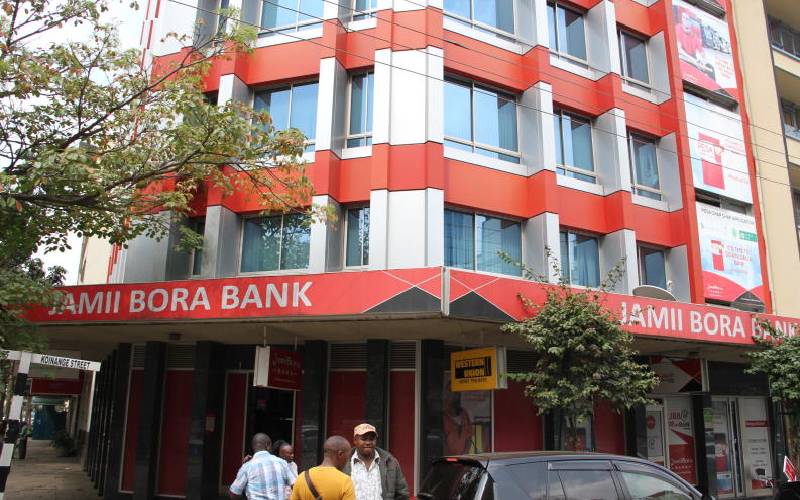×
The Standard e-Paper
Smart Minds Choose Us

Erstwhile struggling banks are now finding strength under the wings of their new owners following acquisitions that gave them access to billions of shillings.
Lenders, including Jamii Bora Bank, National Bank of Kenya (NBK), Transnational Bank (now Access Bank) and Mayfair Bank, which were struggling to keep their heads above the water are now swimming in cash.







